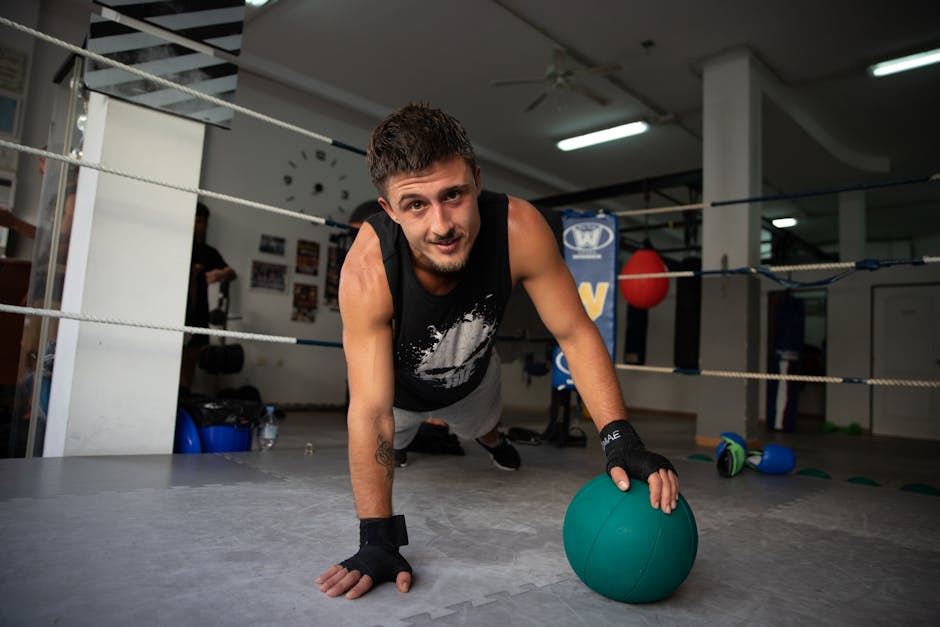Optimal physical performance is a multifaceted pursuit, encompassing not only rigorous training regimens but also a meticulously crafted dietary strategy. Nutrients are the building blocks of our bodies, directly influencing every aspect of our athletic journey, from muscle growth and recovery to energy production and endurance. Understanding the intricate relationship between diet and physical performance is key to unlocking your full athletic potential and fostering long-term health.
A cornerstone of enhanced athletic capability is the appropriate intake of macronutrients carbohydrates, proteins, and fats. Carbohydrates are paramount for fueling high-intensity activities. Complex carbohydrates, found in whole grains, fruits, and vegetables, release energy gradually, providing sustained power throughout longer durations of exercise. Simple carbohydrates, while providing a rapid energy boost, can lead to an equally rapid depletion and are best used strategically, perhaps before or during short bursts of intense effort.
Proteins, the primary building blocks of muscle tissue, are crucial for both muscle repair and growth. Adequate protein intake is vital for athletes striving to build strength and endurance. Consuming protein after exercise is especially important, as this facilitates the crucial repair and regeneration processes within muscle tissue. Sources rich in high-quality protein include lean meats, poultry, fish, eggs, dairy products, and legumes.
Fats, often unjustly demonized, are essential components of a healthy diet and play a vital role in athletic performance. Healthy fats, such as those found in avocados, nuts, seeds, and olive oil, support hormone production, vitamin absorption, and overall cellular function. These essential fats contribute to optimal energy production and are crucial for endurance activities. However, it’s essential to distinguish between healthy and unhealthy fats and to prioritize the former.
Beyond the macronutrients, micronutrients vitamins and minerals play a supporting yet vital role in physical performance. Vitamins and minerals act as catalysts in various metabolic processes, influencing everything from energy production to immune function. For example, Vitamin D is crucial for calcium absorption, which in turn is essential for strong bones and efficient muscle function. Iron is essential for oxygen transport throughout the body, impacting endurance and aerobic capacity. A balanced diet rich in diverse foods is often sufficient to meet most micronutrient needs; however, supplements might be necessary in specific cases, and should always be discussed with a healthcare professional.
Hydration is another critical factor often overlooked. Dehydration significantly impairs performance, impacting both physical and cognitive capabilities. Maintaining adequate hydration throughout the day, especially during and after exercise, is crucial for optimal physiological functioning. Water is the primary driver of bodily functions, facilitating nutrient transport, waste removal, and temperature regulation.
Dietary timing is equally important. Pre-exercise nutrition aims to maximize energy stores and minimize digestive discomfort. A meal rich in complex carbohydrates and moderate protein intake several hours prior to exercise can provide sustained energy. Post-exercise nutrition is also critical. A combination of protein and carbohydrates is essential for muscle recovery and glycogen replenishment.
Moreover, consider the specific needs of the sport or activity being undertaken. Endurance athletes may require a greater carbohydrate intake to sustain energy levels during prolonged exertion, while strength athletes might prioritize protein intake for muscle growth and repair. The nutritional requirements also vary based on training intensity and individual metabolism.
Addressing specific dietary concerns is paramount for athletes. Dietary restrictions, allergies, and intolerances must be considered to create a well-adjusted plan. Athletes with specific dietary needs, such as those following vegan or vegetarian diets, might require expert advice to ensure an adequate intake of crucial nutrients. Consult with a registered dietitian specializing in sports nutrition to create a personalized plan addressing these dietary needs, to prevent deficiencies or issues.
A meticulously constructed dietary plan that integrates macronutrients, micronutrients, hydration, and timing is critical for boosting athletic performance and overall health. This plan should be tailored to individual needs, taking into account the type and intensity of exercise undertaken. By understanding the profound impact of diet on physical performance, athletes can significantly enhance their capabilities, accelerate recovery, and pave the way for long-term well-being.
Finally, remember that diet is a holistic approach. It’s not simply about consuming the ‘right’ foods in the ‘right’ quantities, but also understanding how those foods interact with your body and its unique needs. The key is creating a sustainable and enjoyable dietary approach that fuels your performance, fosters recovery, and contributes to your overall health and well-being in the long run. Patience, consistency, and a willingness to listen to your body will yield the greatest results.
